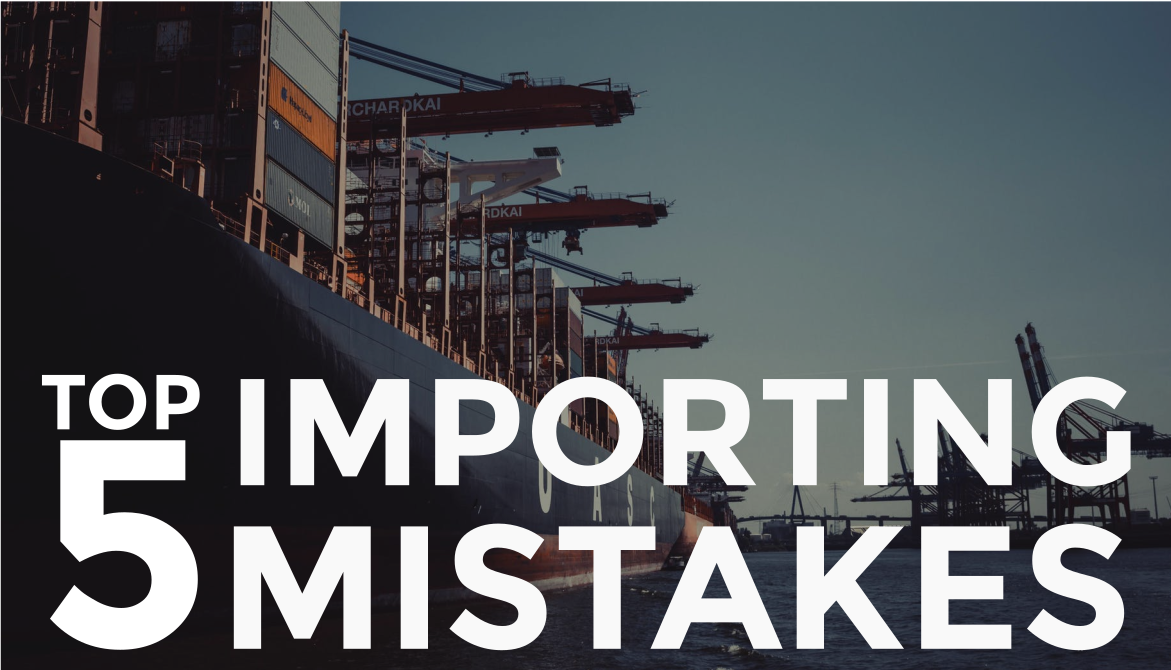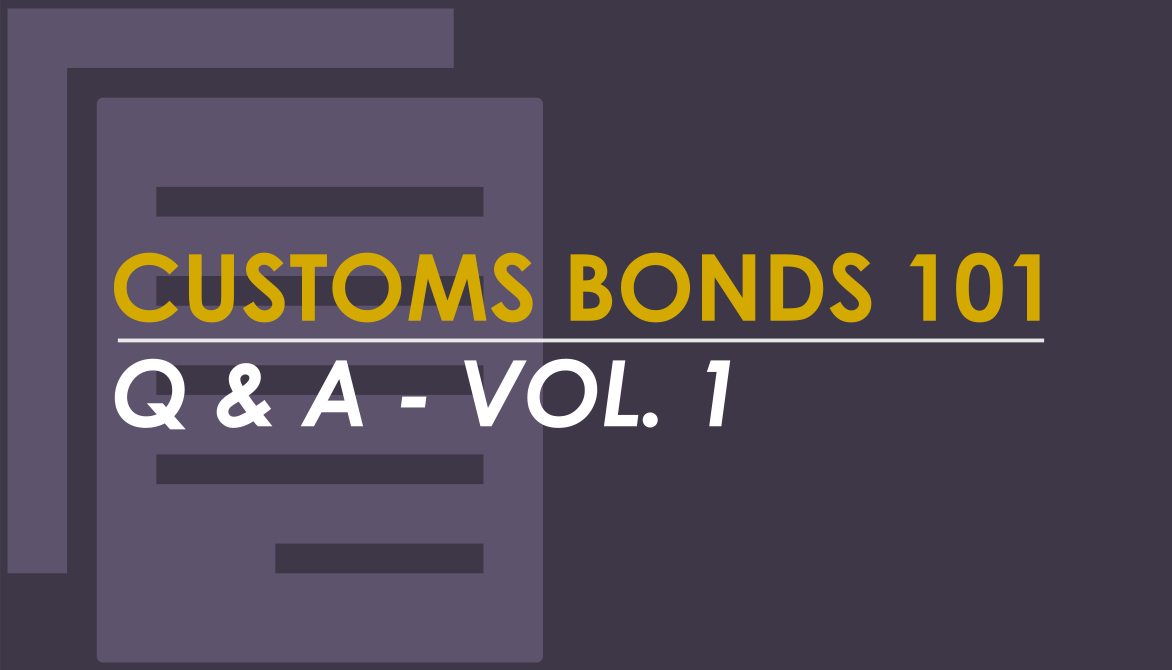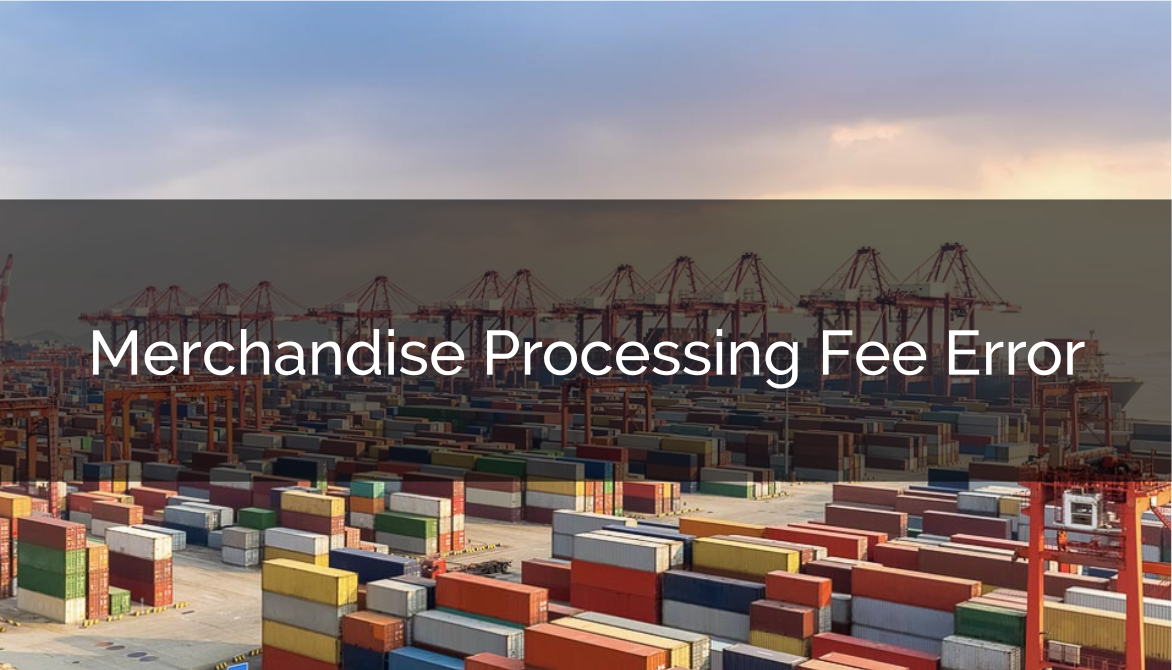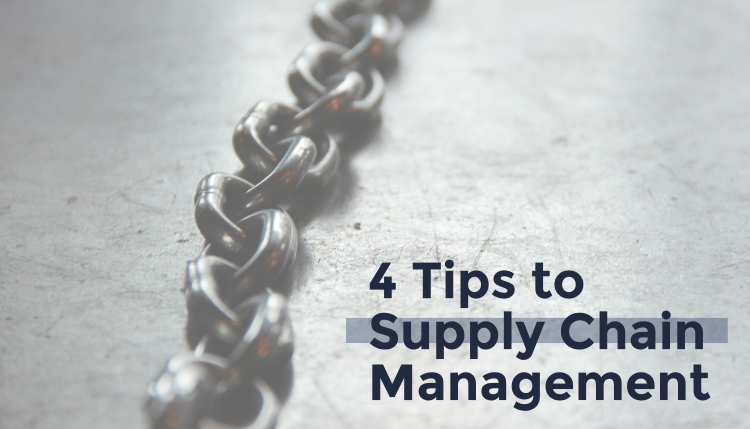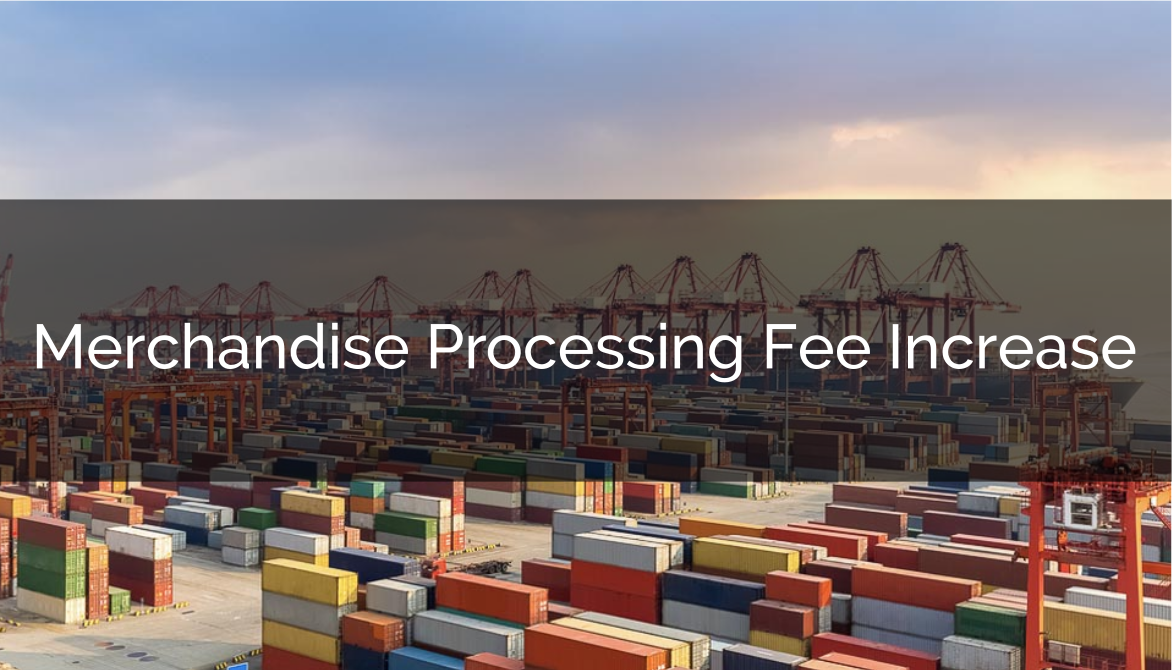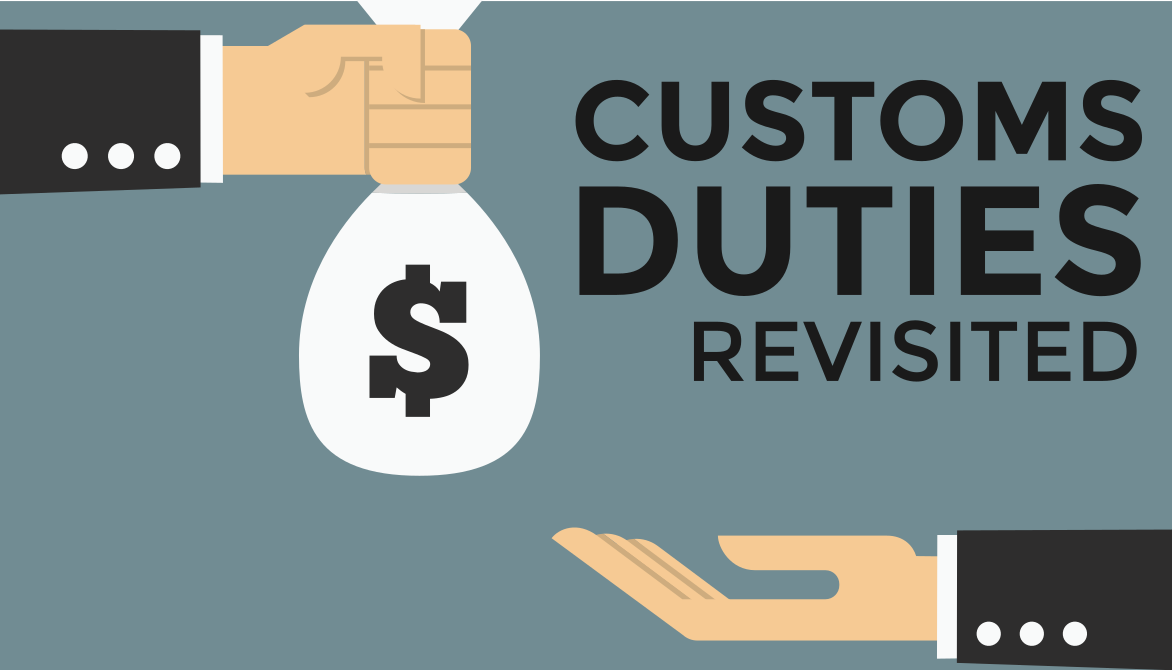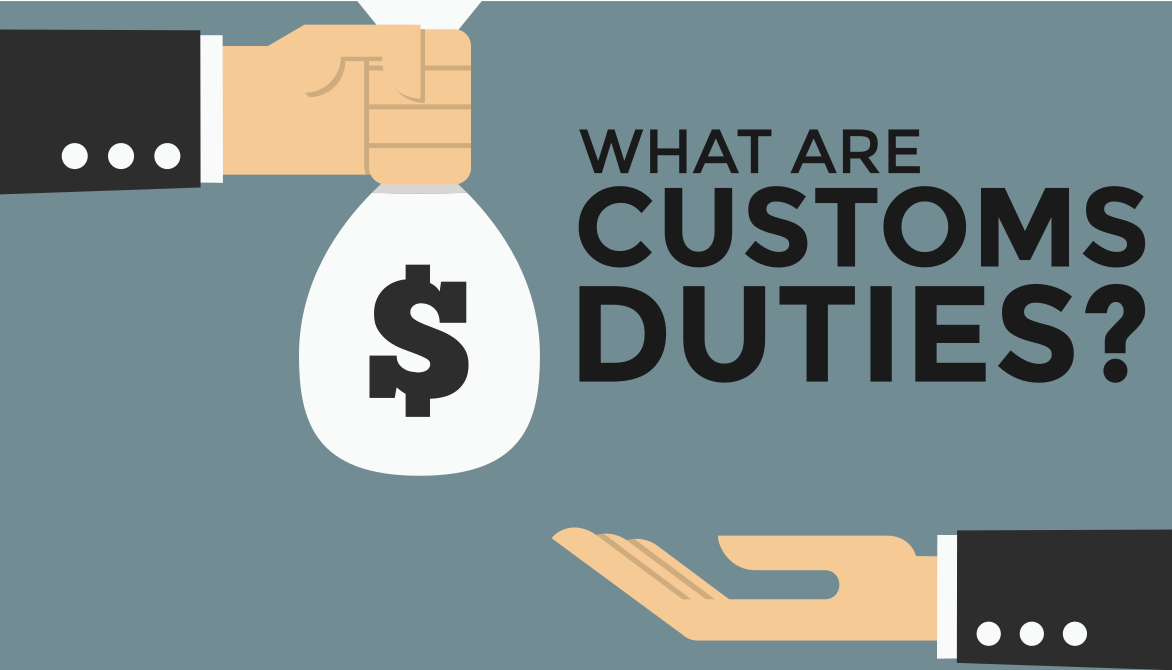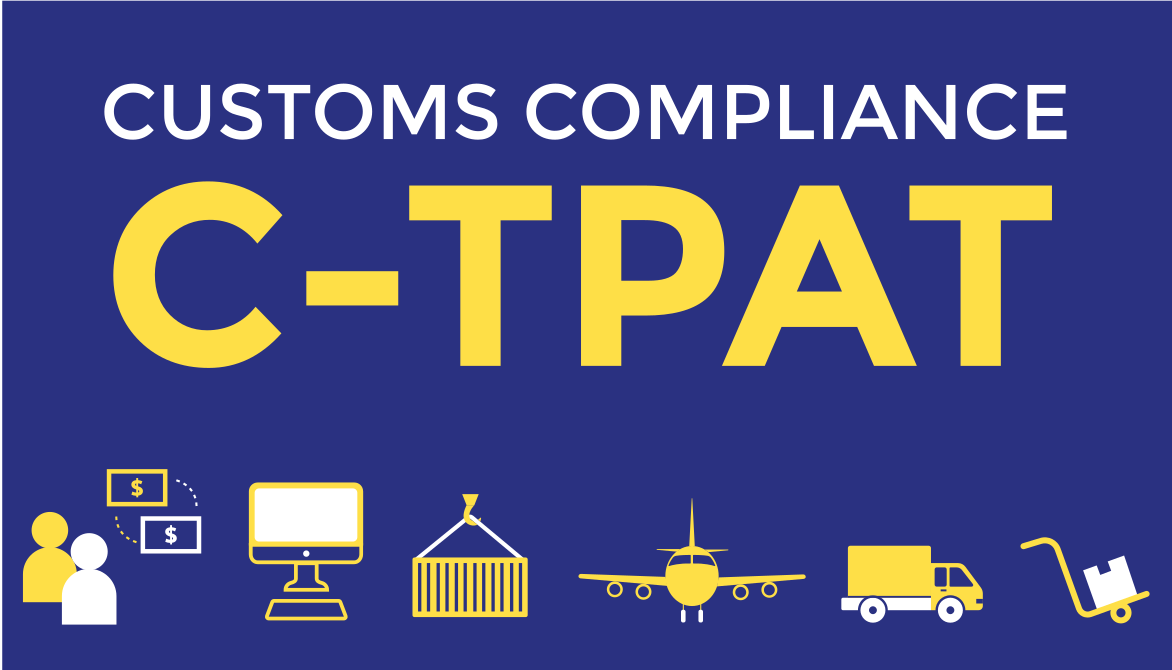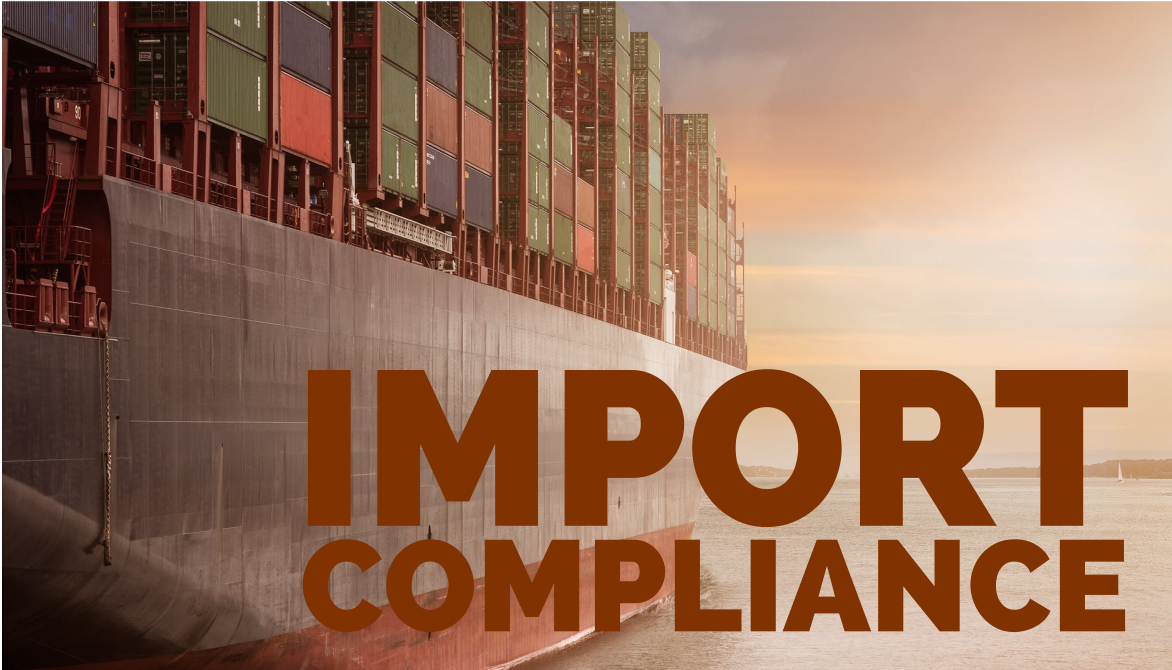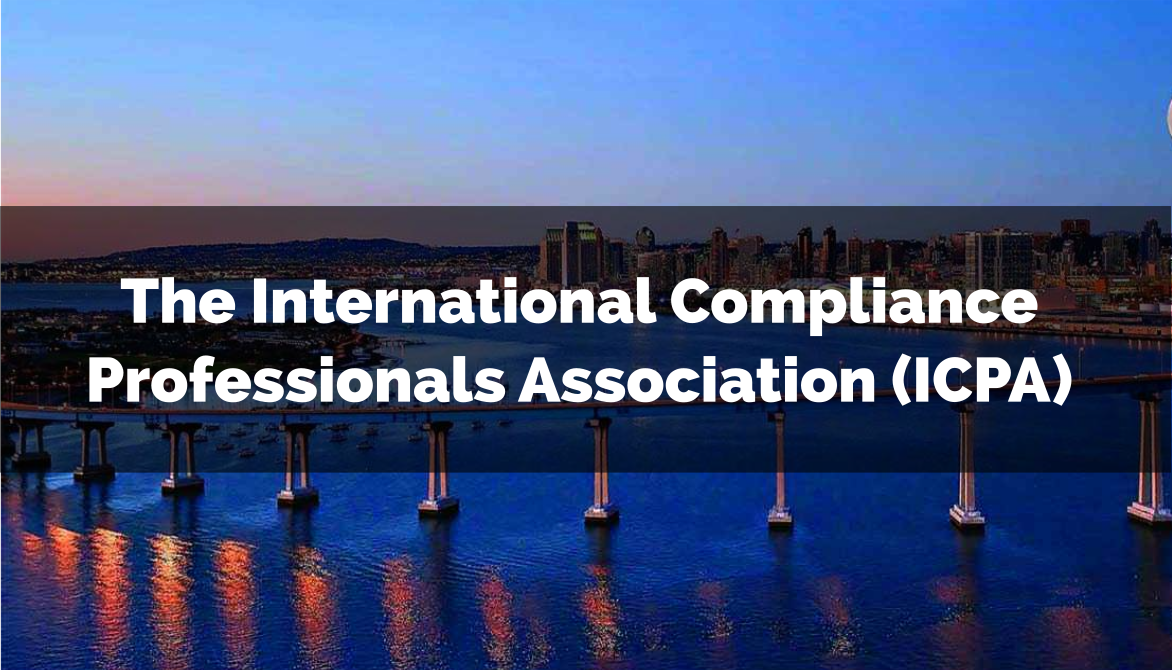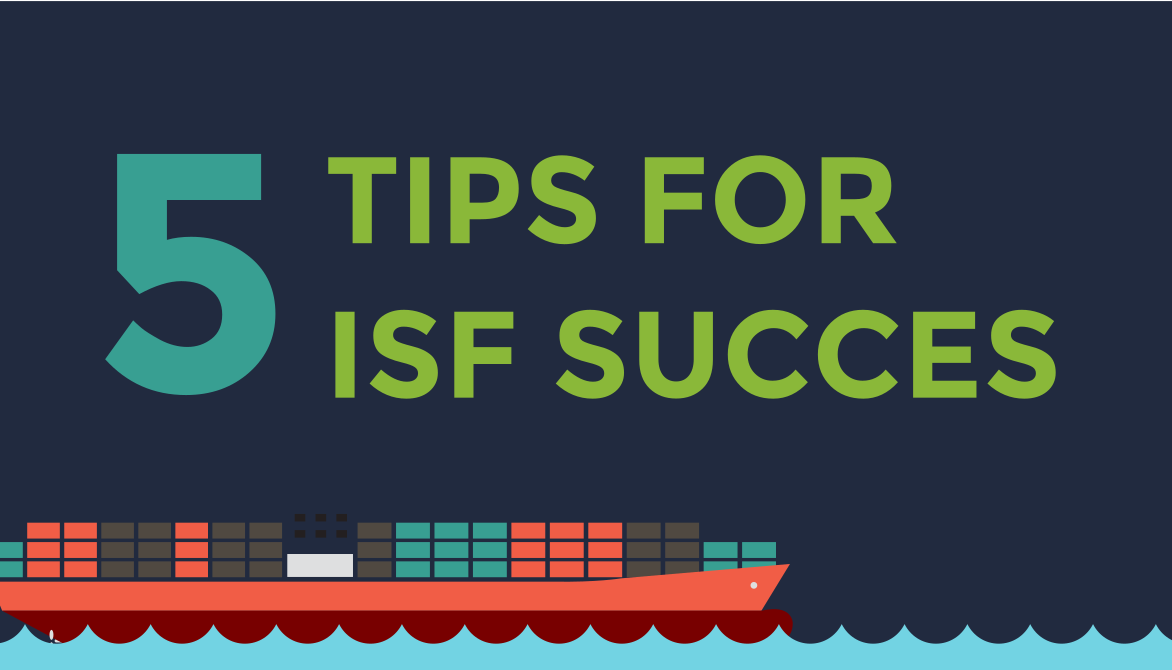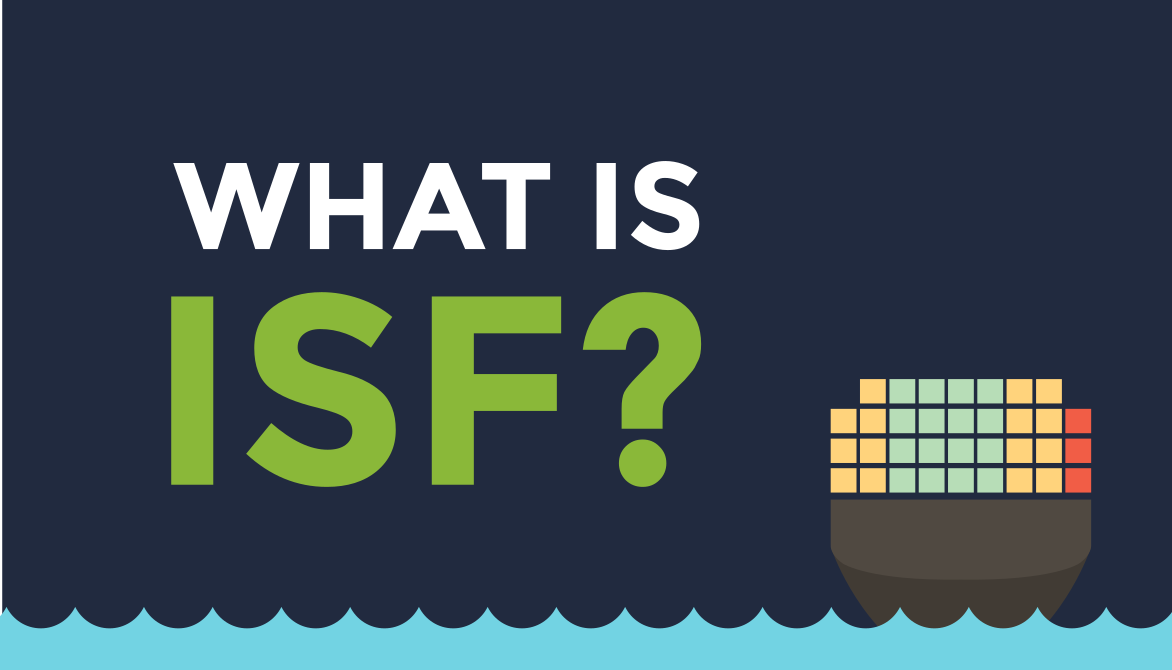There are many things an importer must keep track of to run a successful operation. Here are five avoidable importing mistakes that can keep even the best operations from reaching their full...
Customs Compliance
Looking for something specific?
Search our entire database to find the answers you seek. If you can't find an existing post, reach out and let us know!
Follow Us!
Customs Bonds 101 Questions and Answers – Vol. 1
We recently gave a presentation on the basics of U.S. Customs Bonds, called “Customs Bonds 101.” During the presentation, the attendees asked so many excellent questions, we felt like it would be a...
Merchandise Processing Fee Error
It is important to maintain a vigilant approach to supply chain compliance because as we have seen in the errors of Merchandise Processing Fee increases, mistakes can manifest themselves at any...
Supply Chain Management Tips from TRG
Trade Risk Guaranty has compiled a list of four tips to help your supply chain management. There are myriad motives for every importer to keep a close eye on supply chain management. It is much...
Merchandise Processing Fee Increased
The Merchandising Processing Fee (MPF) increase will affect over 650,000 summaries, and importers should be vigilant in making sure the proper paperwork is filed for their MPF. Supplemental duty...
Customs Duties Revisited
In this post, TRG covers the subject of common Customs Duties; how they operate, and how they're administered. In a previous article, Customs Duties Deconstructed, we covered some of the less...
Customs Duties Deconstructed
What are Customs duties? There are many different duties U.S. Customs and Border Protection may require an importer to pay. Some are related to the origins of the goods in question, and some to the...
Customs Compliance: C-TPAT
The Customs-Trade Partnership Against Terrorism, affectionately known as C-TPAT, is a program US Customs and Border Protection (CBP) launched in order to better protect Americans, while still...
Import Compliance
Import compliance is one of the most significant issues a modern importer must deal with in their line of work. Let's learn why it affects nearly every aspect of the importing process. Keeping track...
The International Compliance Professionals Association (ICPA)
The International Compliance Professionals Association (ICPA) is the only international trade organization giving a voice to the U.S. importer/exporter. The ICPA is a tight-knit group of 2,000+...
5 Tips for ISF Success
Importer Security Filing (ISF) is a government mandate requiring importers to file additional data elements for all shipments entering the U.S. via ocean cargo. Unless you are preparing for your...
What is ISF?
Developments in national security protocol have introduced a host of requirements importers must fulfill. One of these requirements is Importer Security Filing (ISF) and Additional Carrier...

